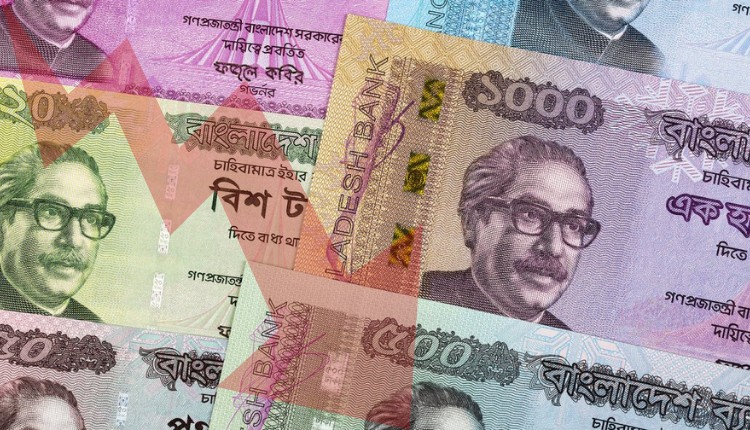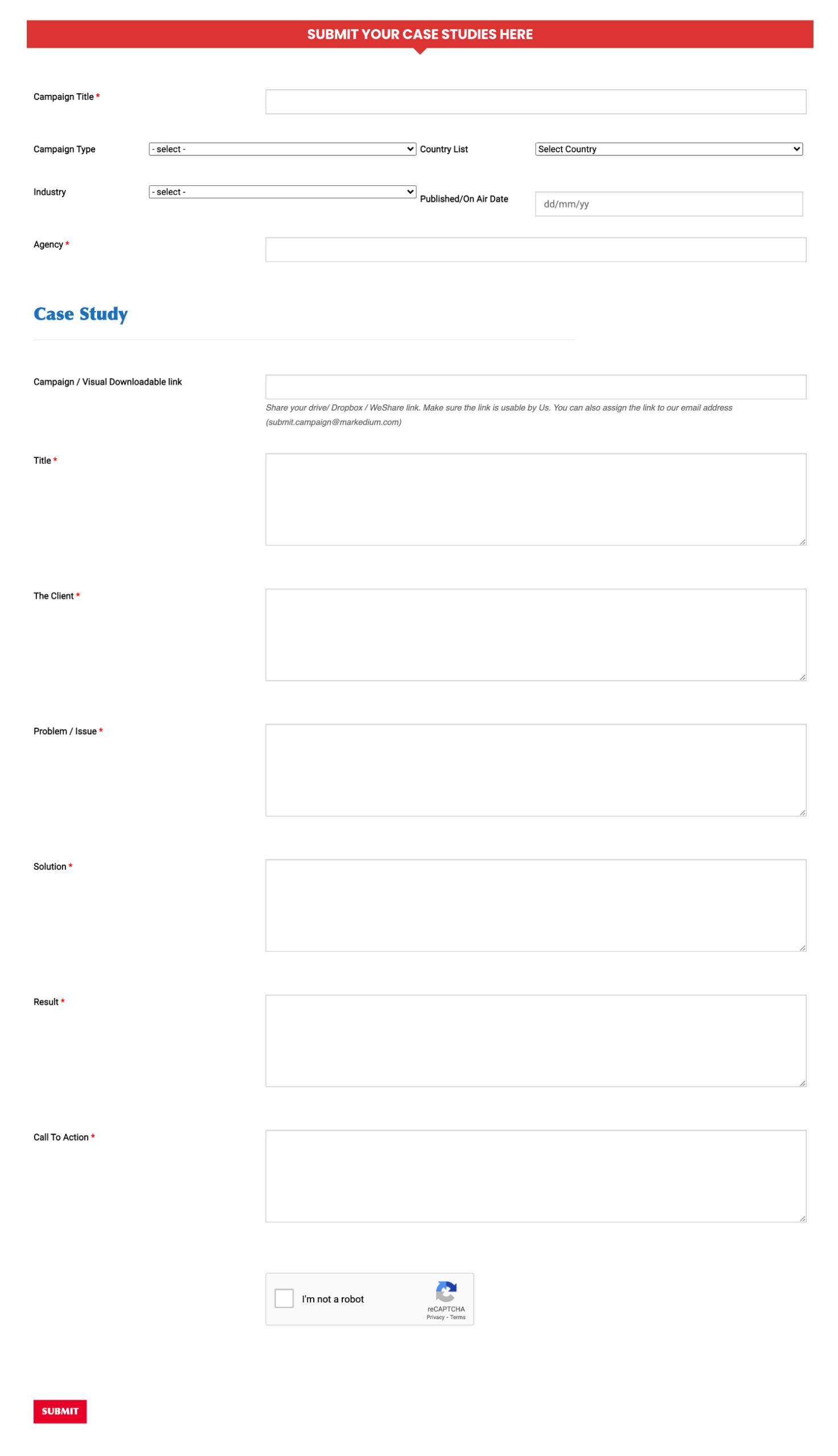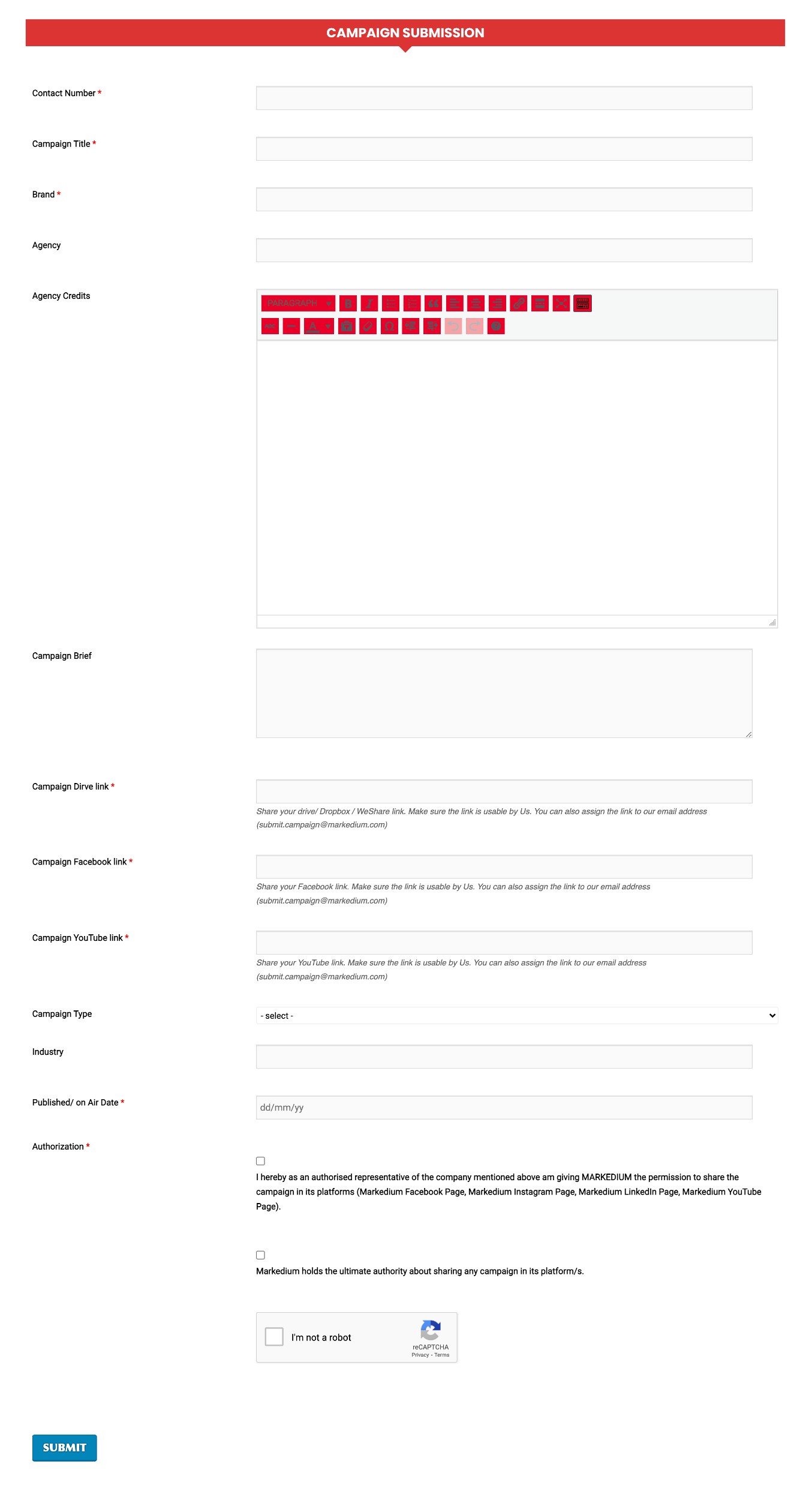
Private Sector Credit Growth at 5-Month Low2 min read
Private sector credit growth in Bangladesh plummeted to a five-month low in April, marking a significant decline from the previous month, according to data released by the Bangladesh Bank. The data reveals a drop in credit growth to 9.9% in April, down from 10.49% in March. This downward trend follows consecutive months of relatively stable growth rates, with figures standing at 9.96% in February, 9.95% in January, and 10.2% in December 2023.
Bankers attribute this decline to a severe liquidity crisis exacerbated by the Bangladesh Bank’s contractionary monetary policy. The policy, initiated in July last year, introduced a new interest rate framework pegged to the 182-day treasury bill rate, pushing lending rates to nearly 13% until May. Consequently, businesses may be discouraged from seeking credit from banks.
The Bangladesh Bank’s continued foreign currency sales, amounting to approximately $32 billion over the past 34 months, further tightened liquidity in the banking system. This, coupled with reduced loan disbursement capacity due to high default rates and deposit withdrawals by clients, has led many banks to seek assistance from larger institutions to meet daily cash requirements.
Despite a temporary surge in credit growth in March attributed to increased imports surrounding the Ramadan and Eid-ul-Fitr festivities, the overall trend has been declining since June 2023. Responding to these challenges, the Bangladesh Bank revised down its private sector credit growth target for the 2023-24 financial year to 10%, reflecting concerns over reduced private sector investment. Economic challenges, including high inflation, foreign exchange volatility, dollar shortages, and energy crises, have further dampened business activities, compounding the reluctance of businesses to seek bank loans. Tightened monitoring and import restrictions imposed by the government and the central bank have also curtailed business operations, contributing to reduced credit demand.
The exchange rate, which experienced a sharp increase from Tk93 to Tk118 against the US dollar within a year, underscores the currency volatility and its impact on the overall economic landscape. The declining private sector credit growth poses significant challenges to Bangladesh’s economic recovery efforts, necessitating concerted efforts from policymakers and financial institutions to address liquidity constraints and restore investor confidence.
For more updates, follow Markedium.


